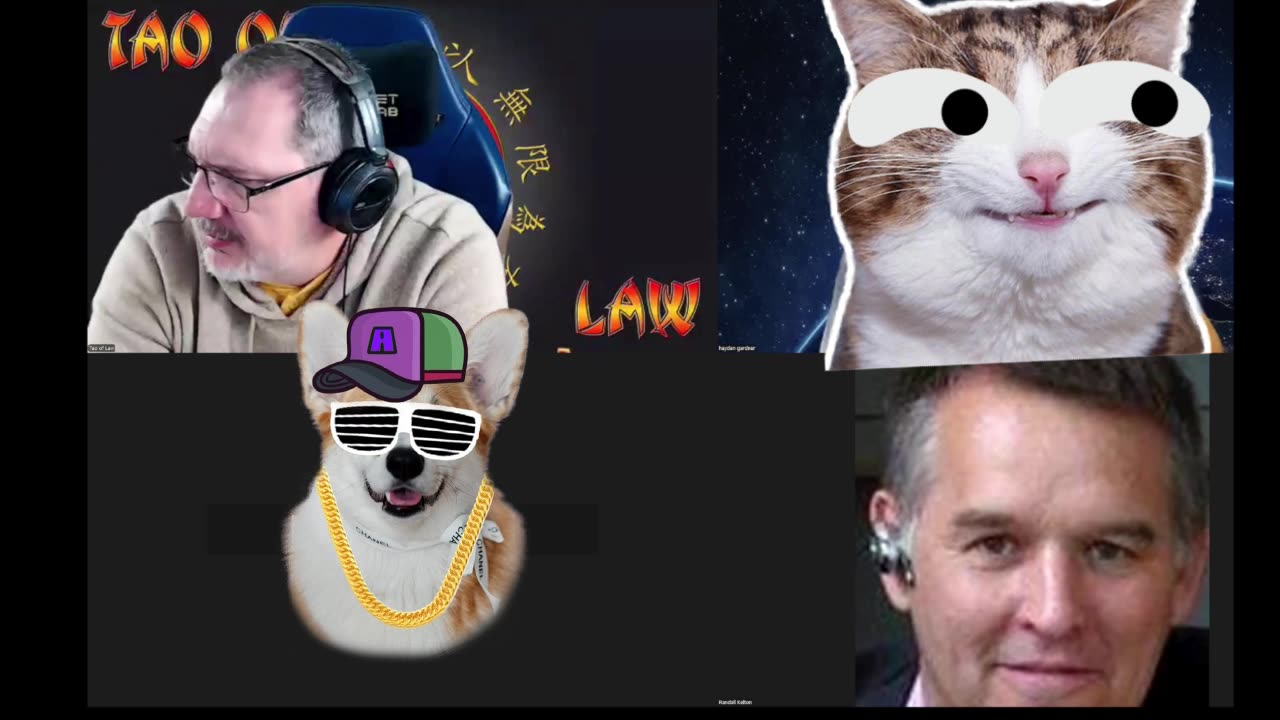Premium Only Content

Randy Kelton Discussion of Art 15.06-.09
1. Jurisdictional Conflict:
o The Texas Constitution limits JP court jurisdiction in civil cases to $200 or less, while Article 27.031 of the Code of Criminal Procedure attempts to expand it to $20,000 or less.
o This creates a conflict between statutory law and constitutional provisions, as statutes cannot override the Constitution.
2. Statutory Interpretation Issues:
o Article 15.09 of the Code of Criminal Procedure has both permissive and non-discretionary components. The permissive clause allows complaints to be forwarded, while the non-discretionary clause mandates action once received.
o The argument hinges on whether "forwarded" includes personal service or only transferred complaints.
3. Conflict Between Articles 15.06 and 15.08:
o Article 15.06 allows warrants issued by county or district clerks and magistrates to be executed statewide, while Article 15.08 requires warrants issued by municipal clerks or mayor magistrates to be endorsed by a magistrate listed in Article 15.06.
o This creates procedural inconsistencies, particularly for traffic warrants issued by municipal clerks.
4. Examining Trial Procedures:
o Proper examining trials under Chapter 16 of the Code of Criminal Procedure are often not conducted correctly, leading to procedural violations.
o Judges must explicitly state probable cause findings during hearings, as required by the Texas Bench Book.
5. Legal Strategy:
o Filing lawsuits in JP courts and small claims courts to challenge procedural violations and statutory conflicts.
o Using these cases to push for judicial and legislative reforms.
6. Advocacy for Change:
o Encouraging judges to adopt proper procedures and present findings to legislative subcommittees.
o Highlighting the need for constitutional amendments or statutory revisions to resolve conflicts.
-
 1:40:32
1:40:32
Redacted News
3 hours ago"This was 100% a CIA hit!" Charlie Kirk's Assassination Story COLLAPSES Amid New Evidence | Redacted
113K128 -
 39:40
39:40
The White House
4 hours agoPresident Trump Signs Executive Orders, Sep. 30, 2025
38.7K36 -
 1:06:26
1:06:26
vivafrei
4 hours agoLive with Alexa Lavoie! ANTIFA in Canadian Government? RCMP the New Gestapo? AND MORE!
143K44 -
 40:38
40:38
Dad Saves America
1 day ago $1.10 earnedLeft Is Right, Up Is Down: The Overton Window Has Been Shattered
19.3K3 -
 LIVE
LIVE
LFA TV
19 hours agoBREAKING NEWS ALL DAY! | TUESDAY 9/30/25
795 watching -
 1:41:28
1:41:28
freecastle
7 hours agoTAKE UP YOUR CROSS- May the forces of evil become confused on the way to your house.
18.7K4 -
 1:23:05
1:23:05
Awaken With JP
6 hours agoGetting NUTS! FBI Did J6, Comey Indicted, and More! - LIES ep 110
67.6K34 -
 2:09:51
2:09:51
Pop Culture Crisis
4 hours agoJK Rowling OBLITERATES Emma Watson, Trump Vs Ariana Grande, Could The Rock be President? | Ep. 926
51.3K13 -
 1:46:23
1:46:23
The HotSeat
3 hours agoCommander In Chief and SECWAR Address The Troops, and I AM HERE FOR IT!
28.2K16 -
![[Ep 759] Resist Digital ID | Dems to Shut Down Gov | Obama Library Funds Tides / Terrorists](https://1a-1791.com/video/fwe2/55/s8/1/8/U/L/m/8ULmz.0kob-small-Ep-759-Resist-Digital-ID-De.jpg) 2:11:49
2:11:49
The Nunn Report - w/ Dan Nunn
4 hours ago[Ep 759] Resist Digital ID | Dems to Shut Down Gov | Obama Library Funds Tides / Terrorists
20.1K7